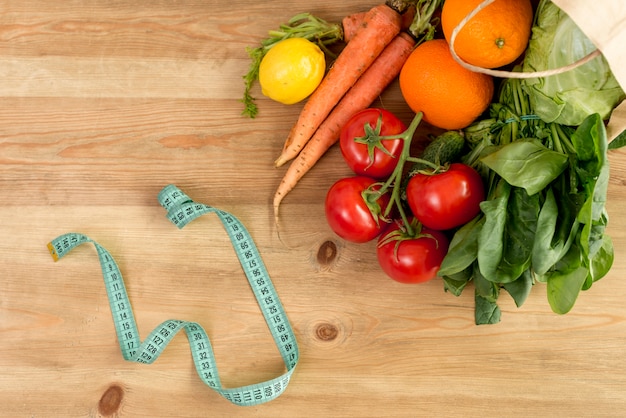
If you’re aiming to lose weight, you might think counting calories and eating less is the only way. However, that’s not necessarily true, says Terry Fairclough, a leading personal trainer and co-founder of Your Body Programme. As a personal trainer, Terry has heard numerous opinions on the best diets for weight loss. Common questions include whether we should count calories, the number of calories we need, and whether we should stick to low-fat, low-carb, or high-protein diets. Other questions involve fasting or eating small, regular meals three times a day.
While there are various approaches depending on body type, goals, and activity levels, one thing stands out: under-eating is not the answer. We all know someone who decides to aggressively cut calories to achieve a “beach body,” thinking it will lead to weight loss. While you might see the pounds drop, this approach doesn’t always lead to fat loss, which is a common goal.
In Western societies, many people eat more than they need, so a slight calorie deficit can be beneficial. However, the misconception that under-eating is the only way to lose weight is widespread. When you eat, your body converts carbohydrates into glucose, the main fuel for your cells. Excess glucose gets stored as glycogen in your muscles and liver. For each molecule of glucose, there are two to three molecules of water attached. When your body needs energy, it breaks down glycogen to release glucose.
Cutting calories drastically results in losing water weight from stored carbohydrates, not fat. Over time, a severe calorie deficit can cause your body to hold onto fat and break down muscle protein instead. This is why it’s important to consume a balanced diet that includes all three macronutrients: fats, carbs, and protein.
Contrary to popular belief, fat is a crucial and long-lasting fuel source. It provides more than twice as much energy as carbs or protein. Fat is also stored within muscle fibers and is more easily accessed during exercise. If you cut out fat entirely, you won’t have enough energy for physical activity. Additionally, calorie and nutrient restriction can lead to deficiencies, affecting various bodily systems including the immune, liver, and digestive systems.
Health issues from under-eating include fatigue, malnutrition, osteoporosis, anemia, hormonal imbalances, and fertility issues. Extreme calorie deficits also put stress on the body, leading to the release of cortisol, a stress hormone that can initially cause weight loss but eventually leads to fat gain as the body prioritizes fat storage.
Chronic stress and high cortisol levels slow down metabolism, increase fat storage around the belly, and disrupt thyroid function. This makes losing weight difficult because any excess calories are quickly stored as fat. To avoid these problems, it’s essential to eat the right number of calories and nutrients for your body type, goals, activity level, height, weight, and age.
Terry’s Your Body Programme helps people determine their specific calorie needs. The program does not restrict calories; instead, it promotes eating adequate amounts of lean proteins, healthy carbohydrates, and fats. Lean proteins include beef, chicken, eggs, fish, pulses, legumes, tofu, and tempeh for vegans. Healthy carbohydrates come from fruits, vegetables, sweet potatoes, quinoa, brown rice, and wholewheat pasta. Healthy fats include avocado, nuts, seeds, and olive oil.
Eating a balanced diet keeps your metabolism active and supports overall health. Remember, the goal is to nourish your body while maintaining a healthy metabolism to effectively lose fat.




